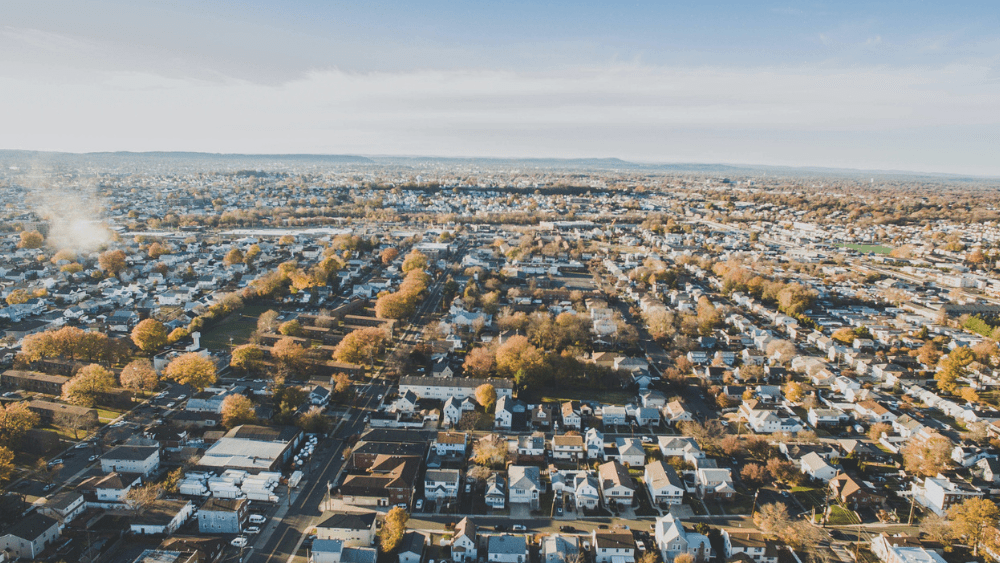
You’re ready to put your New Jersey home on the market, but there’s one worry holding you back — the cost. How much will the closing fees eat into your profit? With the help of top real estate agent Daren Sautter, former president of the Burlington and Camden County Association of Realtors, we drill down into the typical closing costs New Jersey homeowners can expect to pay when selling a home — and help you figure out how much profit you’ll walk away with. Let’s explore a breakdown of what New Jersey homeowners can expect to pay at closing. Along with the purchase price, homeowners can generally negotiate closing fees with the buyer. These are the fees and costs New Jersey sellers are typically responsible for: While technically not a closing fee, you’ll need to pay off any existing loan balances held against your home in order to transfer the title to the buyer. You’ll work with your settlement agent to request a payoff statement from your lender for an accurate payoff amount. This amount won’t be the same as the balance on your last mortgage statement. The payoff statement includes per diem loan interest due up until the date of settlement and payoff, along with any outstanding fees such as a prepayment penalty or late payments. And there’s no cost to obtain your payoff figures — New Jersey state law prohibits charging a fee for providing home loan payoff information. According to state statute, homeowners are responsible for paying property tax from January 1 up to the home sale date. In certain cases, you’ll receive a credit for property tax from the buyer. In other cases, you’ll owe. According to Sautter, whether you’ll owe depends on your settlement date and when you made the last tax payment on your home. New Jersey homeowners receive a tax bill annually in June. And payments are due quarterly, on the first day of the second month in each quarter. For example, the first quarter payment, which covers January through March, is due by the first of February. Let’s say your settlement date falls on January 15th, before the February 1st quarterly due date. You haven’t submitted the February payment, which the buyer will be responsible for after the sale. At settlement, you would owe the buyer for property tax from January 1st through the 15th. If your settlement date were to fall after you submitted the quarterly payment, the opposite would be true. Let’s say settlement fell on March 3rd. The buyer would credit you for property tax from March 4th until the end of the quarterly billing cycle, March 31st. If the math sounds confusing, don’t worry. Sautter notes that the settlement agent calculates the appropriate tax prorations and breaks down the details in the settlement documents. If your lender collects and holds your property tax payment in an escrow account, scrutinize your loan payoff statement. Did the lender deduct the escrow account from your payoff amount? If not, you should expect a refund for the property tax amount (and insurance, if your lender collects for that, too) directly from your lender after settlement. In general, federal regulation requires lenders to release escrow balances within 20 days of paying off a loan.NJ sellers are on the hook for these closing costs
Mortgage loan payoff
Property taxes
Calculating your property tax proration
If your lender collects property tax from you, the lender could owe you a refund



